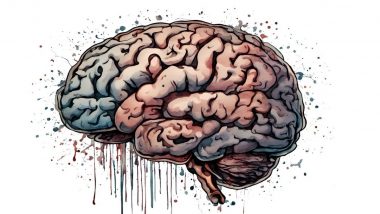Naegleria fowleri, often referred to as the "brain-eating amoeba," is a rare but highly deadly microorganism that has caused concern in various parts of the world, including India. This amoeba thrives in warm freshwater environments and can lead to a fatal infection known as primary amebic meningoencephalitis (PAM). Here’s everything you need to know about Naegleria fowleri, its presence in India, and how to protect yourself.
Naegleria fowleri is a single-celled, free-living amoeba that is typically found in warm freshwater bodies such as lakes, rivers, hot springs, and poorly maintained swimming pools. It is known for its ability to infect humans by entering the body through the nasal passages and traveling to the brain, where it causes severe and often fatal damage. Infection by Naegleria fowleri occurs when contaminated water enters the nose, usually while swimming or diving in warm freshwater.

The amoeba then migrates to the brain along the olfactory nerve, leading to the onset of PAM. The symptoms of PAM typically appear within 2 to 15 days after exposure and can progress rapidly. Early symptoms may include: Due to the rapid progression and severity of symptoms, PAM is often fatal, with a mortality rate of over 97%.
While Naegleria fowleri infections are rare, cases have been reported in various parts of the world, including India. The presence of this amoeba in warm freshwater bodies in India, especially during the hot summer months, raises public health concerns. Spo.
















